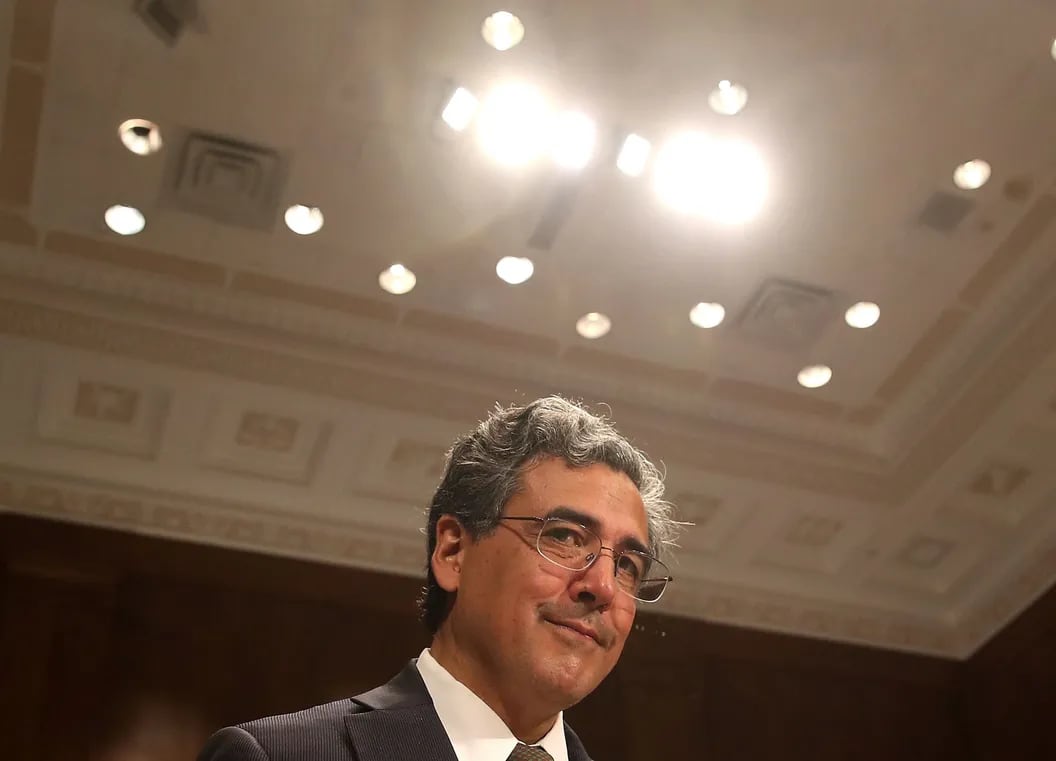
Crypto.com Takes a Stand Against SEC in High-Stakes Legal Battle
Crypto.com has initiated a bold lawsuit against the SEC, claiming unlawful jurisdiction over its operations and the status of cryptocurrency tokens.
Last week, you might have noticed that the cryptocurrency exchange Crypto.com has filed a lawsuit against the SEC. They aim to prevent the SEC from unlawfully extending its jurisdiction over secondary-market sales of specific network tokens, seeking declaratory and injunctive relief to do so.
If you’re like many, this might not have seemed like major news initially. Cryptocurrency firms are frequently involved in legal disputes with regulatory bodies, yet many of these cases have failed to make significant impacts. CEO Kris Marszalek claims that the lawsuit is meant to ‘protect the future of crypto,’ a statement that initially came off as mere posturing.
However, upon further examination, this lawsuit by Crypto.com might be more than just symbolic. The company has faced a Wells notice from the SEC, which implies that an enforcement action is likely forthcoming.
Crypto.com’s decision to hire former U.S. Solicitor General Noel Francisco as its representative indicates that they are serious about this legal battle. Francisco’s expertise in high-stakes litigation may play a crucial role in their strategy.
In a more strategic move, Crypto.com has established a North American headquarters in Tyler, Texas, positioning itself within the jurisdiction of a court known for its conservative stances on regulatory issues, particularly concerning federal agency authority.
This litigation could redefine how the SEC regulates the cryptocurrency space. Should Crypto.com succeed, it may set a precedent that challenges the very framework under which the SEC operates concerning ‘crypto asset securities.’ If the case reaches the appellate level, particularly with the Fifth Circuit Court of Appeals, it could significantly influence U.S. regulatory policies concerning cryptocurrencies.
In conclusion, while the outcome of this case remains uncertain, it carries implications that could reverberate throughout the industry.


